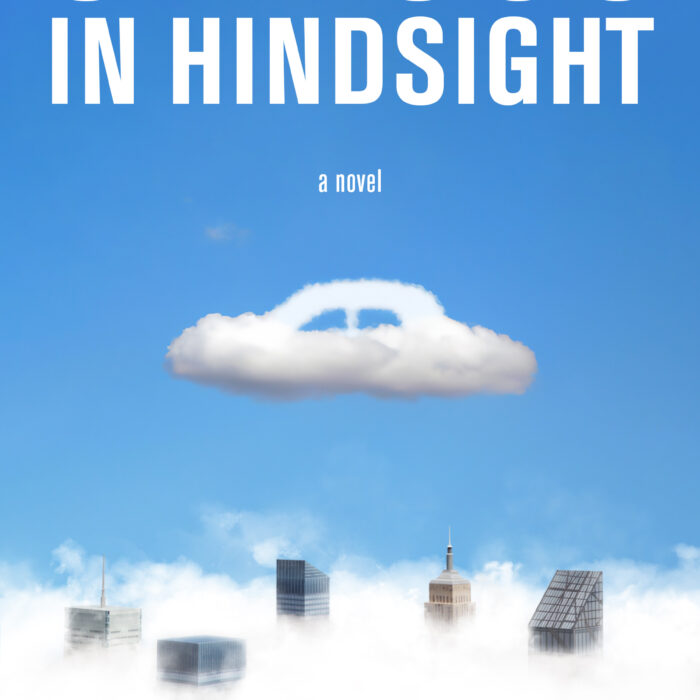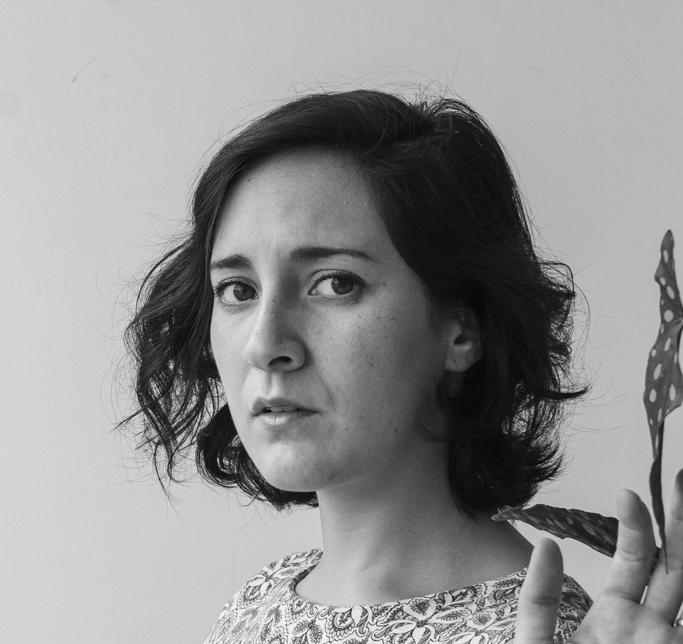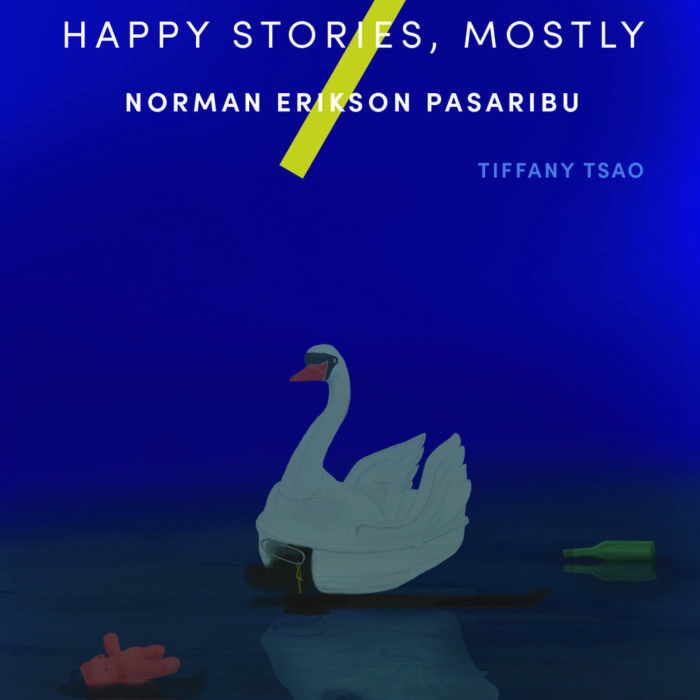You have no items in your cart. Want to get some nice things?
Go shopping
Richard House’s The Kills, out in July from Panmacmillan, is set to be one of the literary events of the year. Both political thriller and epic literary project, The Kills is an interlinking web of narratives spanning four separate novels, from a remote Iraqi military base and a multi-million dollar theft, to a brutal murder in far-away Italy that replicates a well-known novel. Litro published Richard’s fantastic short story Max405 in our Russia issue back in 2010, and we’re delighted to welcome him back to talk about his latest project.
Litro: Tell us about The Kills – how were the novels conceived?
Richard: The Kills are four novels that are interlinked. They appear to be thrillers, but there’s quite a bit extra going on. The first, second and fourth books follow on one from the other, but the third is a crime novel that characters are reading in the first book. There’s also a film that’s being made of the third book in the second book! So they all link together tightly.
Litro: Did you always envisage this story as four interlinking books?
 Richard: I started writing the third book in the series, The Kill, first. I was writing it in Naples, but finding it tough. Everyone assumed I was writing a straight crime novel, and I didn’t like that. So I began to take that idea apart a little.
Richard: I started writing the third book in the series, The Kill, first. I was writing it in Naples, but finding it tough. Everyone assumed I was writing a straight crime novel, and I didn’t like that. So I began to take that idea apart a little.
Then I was on a writing residency for a month, where I just wrote and wrote, and the other books spun out from there. It made sense that they would fit together. I enjoy thinking across a wider scope – you can plant conversations that will be significant later, or introduce ideas that will be repeated.
Litro: Was it a technical challenge to write something on such a large scale, having to think about four books at the same time?
Richard: Yes! It’s such a huge thing to have done, I think I’m a little shell-shocked, looking back on it. A problem would be set up in the first book that I wouldn’t get to the solution of until the fourth book. I like stories that are really complicated, when you feel that the question that the book sets up is answered, but not fully answered. Over four novels I have to be pretty careful about what is and isn’t answered.
 Litro: The settings are key to the books. Why did you choose them?
Litro: The settings are key to the books. Why did you choose them?
Richard: I used to work as an artist with the Chicago-based collaborative Haha on these large projects where we’d go and try to find out about the history of a building, how it was used, and build an idea of that place within the final piece. Living in the States, I was in this fantastic position that I think a lot of writers experience, where you’re deeply involved in something, but you’re also an outsider. It’s a really healthy position to have. That expresses to me a lot of what writing’s about, being inside and outside at the same time.
When I started writing The Kills, I made a conscious decision to set it somewhere that was going to be a challenge, but also enjoyable, and Naples was that place. I found it impossible to see the city without thinking about all those other stories about it.
I think I’ve been very lucky with my background in a military family. We were in Berlin when the wall was still up, and my dad would come home with incredible stories about what was happening, what we were seeing on the news. We’d see another side to it. I wouldn’t say I was a voyeur, but I like the idea of seeing a place from different perspectives.
Litro: Did you travel to Iraq to research?
Richard: No, I was really determined not to do that. I wanted to play with the idea that you can be abroad but it might as well be your home country. My father was in the military and my family travelled around a lot. When I was with my dad on a military base in Malta or Cyprus or Germany, we could have been in England for all the interaction we had with any Germans or Maltese or Cypriots. It was very artificial. So The Massive is set in the desert in Iraq but there isn’t one Iraqi in the book. It’s about people who are from elsewhere and have no business being there. They’re making a mess of things.
We have a concept of what Iraq is like, constructed from all these narratives that we encounter in the press. I like the idea of playing with this Iraq constructed from stories.
 Litro: Where does your interest in the concept of telling stories come from?
Litro: Where does your interest in the concept of telling stories come from?
Richard: That is a huge thing for me. When I was working with the Haha collective, we had this idea that telling stories is a really helpful thing. The more we express ourselves, our stories, the better off we are. I’ve always believed that to be important and true.
But I play with this idea in The Kills. In the final book, a man is getting language lessons and is telling stories to the instructor, and she’s taking these stories as fact. But the reader will know that these are all stories taken from the third book in the series. Not everything he’s saying is true, and she’s building an idea of this man on it.
I wanted to look at how stories can be manipulative, how dangerous it is for someone to tell you their story. I can remember feeling angry at how complicit I was, we all were, about going to war with Iraq. Why wasn’t I on the streets screaming about it? Why did I swallow of the nonsense we were told? I probably knew at the time that it was fabricated, but I didn’t examine it.
Litro: You’ve said that you were influenced by the novelist Roberto Bolaño. What is it about his writing that appeals to you?
Richard: When I was about half way through writing The Kills, I began wondering, what’s the worth of fiction? What does fiction do? I think most writers get to this point where you walk into a bookstore and you see thousands and thousands of books, and you wonder what the worth of that is. Are you just getting more trees chopped down?
Then I read Bolano’s novel 2666 and was inspired by how an idea can be extended across such a vast landscape. It seemed to me that that kind of enquiry was entirely worthwhile. As a reader I felt I was being engaged and entertained with a thriller, but also given a space where difficult ethical issues were being discussed. I loved how intelligent that was. I wanted to do that – to do something where a reader could be involved in the stories as thrillers, but also able to connect the pieces.
 Litro: The Kills comes with downloadable films and extra content. Tell us about that idea.
Litro: The Kills comes with downloadable films and extra content. Tell us about that idea.
Richard: When the internet was in its infancy, people questioned what effect it would have on books. People imagined that if you read Moby Dick online, there would be hypertext linking you to other information, about whales, or Melville, or movies of the book. So while I think that Moby Dick is sufficient in and of itself, I really like that idea that you can step out of the narrative and go somewhere else. A good book stays with you like a scent; you live it a little afterwards. So the films that accompany The Kills allow me to do that. They don’t change the main narrative, but they do inform it. The books work just as books, but the reader has a choice – you can dip into the extra material while you’re reading, or explore it afterwards.
Litro: What made you choose to write in the thriller genre?
Richard: Crime fiction has always involved people who are outside, who are other, dealing with the problem of how they reestablish themselves. So if the territory I write in involves people who are excluded then it makes perfect sense to write a thriller. All I have to do is make sure my characters are complete, that I’m not being sloppy, or stereotyping.
When I wrote my first novel, Bruiser, which was about a gay relationship, it was pretty clear that although it wasn’t autobiographical, it came from experience. And when I came to write The Kills, I started to think, if I’ve ever felt outside, or excluded, because I’m gay, are there other territories that involve feeling like that. Not being able to speak a language, or being poorer, or not being employed – I think fiction is a really good way to get people to approach someone else’s position, a viewpoint that you might not otherwise consider.
Litro: Is this layered approach to writing something you’d like to try again?
Richard: Oh, absolutely. I’m interested in technology –how would you tell a longer narrative over Twitter, for example? I was looking back at Émile Zola’s Les Rougon-Macquart series [a cycle of 20 interconnected novels], and I really like how that connects together. And while I wouldn’t like to write about a family necessarily, I’d be interested in writing a longer series that would snap together in blocks. You’d get a sense when you were reading it that it was part of a larger whole.
The Kills will be published by Panmacmillan in July 2013. Read Richard House’s Litro story Max Max405 here.

Emily Cleaver
Emily Cleaver is Litro's Online Editor. She is passionate about short stories and writes, reads and reviews them. Her own stories have been published in the London Lies anthology from Arachne Press, Paraxis, .Cent, The Mechanics’ Institute Review, One Eye Grey, and Smoke magazines, performed to audiences at Liars League, Stand Up Tragedy, WritLOUD, Tales of the Decongested and Spark London and broadcasted on Resonance FM and Pagan Radio. As a former manager of one of London’s oldest second-hand bookshops, she also blogs about old and obscure books. You can read her tiny true dramas about working in a secondhand bookshop at smallplays.com and see more of her writing at emilycleaver.net.





Can’t wait for Richard House’s epic 4-book lit thriller The Kills – read our interview! http://t.co/DtCfTREzWF @panmacmillan #whoissutler
An Epic Project: Interview with Richard House on The Kills | Litro http://t.co/qIp6z3lWwS
‘One of the literary events of the year’ – Litro magazine interview @unibirmingham’s Richard House about The Kills – http://t.co/SpWDfYTReN